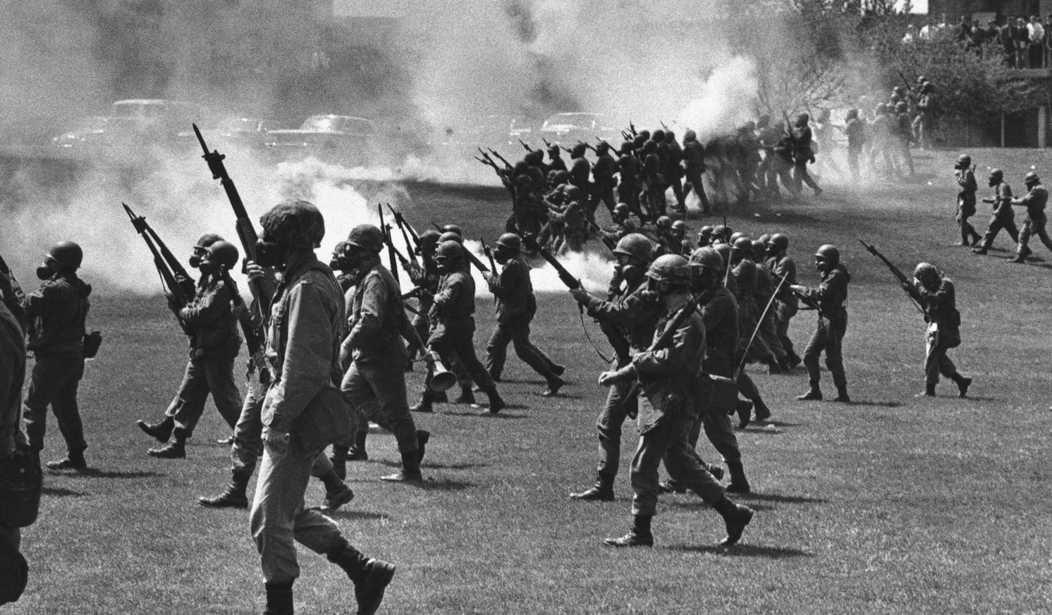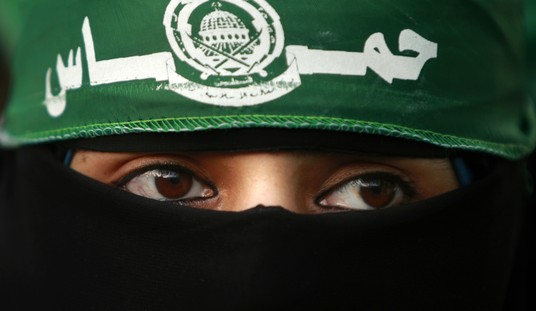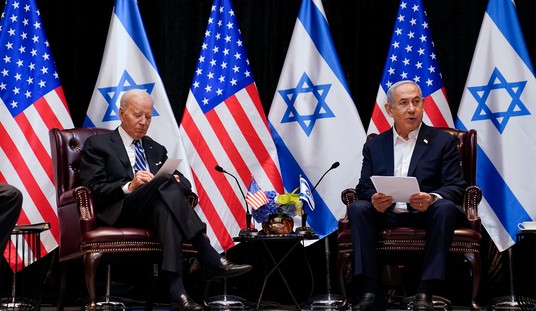WASHINGTON – Should college campuses welcome all forms of speech, regardless of potential controversy and risks of violence?
That was the central question during a hearing Tuesday before the Senate Judiciary Committee at which lawmakers, experts and students discussed a growing political trend in which conservative speakers are being increasingly rejected.
This year, there have been a series of cancellations of high-profile speakers on college campuses. In February, the University of California at Berkeley axed the appearance of former Breitbart tech editor Milo Yiannopoulos two hours before the event, after 150 “masked agitators” assembled, causing unrest and contributing to about $100,000 in damage. Two months later, the school canceled an event scheduled for conservative pundit Ann Coulter over fears that another violent protest might erupt.
In March, conservative political scientist Charles Murray was shouted down from speaking, and after the event was relocated a fire alarm was pulled to further disrupt the speech. A Middlebury professor scheduled to moderate the discussion was assaulted during the incident and about 70 students were disciplined.
Tuesday’s panel debated whether college campuses should be able to use discretion in welcoming and blocking certain speech.
Zach Wood is the president of Uncomfortable Learning, a controversial campus group at Williams College that has gained national attention for inviting controversial speakers to school. During his sophomore year, Wood, an African-American who identifies as a liberal Democrat, invited pop math author and conservative commentator John Derbyshire, who has made controversial comments about African-Americans, to speak about race on campus. About 48 hours before the event, the school’s president, Adam Falk, canceled the event, and the college has since implemented strict policies on speaker invitations.
Wood, who said he has been labeled anti-black and a sellout, remains in favor of allowing controversial speech on campus. “Humanity is not limited to the views and values we admire. Humanity also encompasses the thought and action we resist,” he said Tuesday, adding that free speech is not about “grinding a partisan ax.”
Ranking Member Dianne Feinstein (D-Calif.) spoke in favor of allowing campus discretion over speech, noting that sometimes it’s necessary in order to host a safe event, while adding that schools do not have the proper resources required to deal with mass disturbances. She talked about 1984, when she was serving as mayor of San Francisco and lived through a tumultuous time filled with assassinations. That year, there were fears of violent protests erupting at the Democratic National Convention, and organizers made “a lot of plans” and “got extra help.”
“There was no violence, and it was a good convention,” she said.
Feinstein noted that the University of California has about 250,000 students and, inevitably, there are going to be issues throughout the year. She suggested finding better methodologies for handling incidents, but to her knowledge there have been no efforts to stifle speech.
“And if there is a specific effort, I would certainly appreciate it if people brought that to my attention. But I do believe the university has a right to protect its students from demonstrations once they become acts of violence,” she said. “We all want freedom of speech. I don’t want anything different from you in that regard.”
Eugene Volokh, a law professor at UCLA, argued that the threat of an altercation is not enough to justify suppressing free speech. He added that campus police have local law enforcement resources at their disposal, as well.
“One important job of the government is to prevent violence and to prevent violence without suppressing free speech,” he said, adding that schools are equipped to handle such issues.
Feinstein fired back, asking if the country has learned anything from the 1970 protests at Kent State, in which four unarmed students protesting the Vietnam War were shot and killed by the Ohio National Guard.
Frederick M. Lawrence, secretary and CEO of the Phi Beta Kappa Society, said that the notion that schools have local law enforcement resources to throw at these situations is a “vastly exaggerated notion of what universities can do.” But he argued that student groups should be able to have their own discretion over speakers.
“If we’re talking about the substance of the program, not the danger, the credible threats, but the substance of the program, then yes, I do think that the program, if it’s a student group that invites, then they should be able to,” he said, adding that those who object should trust their students and children.
“Universities are meant to be a challenging environment for young people to encounter ideas they’ve never seen, they’ve never imagined and that they might passionately disagree with,” Sen. Ted Cruz (R-Texas) said. “If universities become homogenizing institutions that are focused on inoculating and indoctrinating, rather than challenging, we will lose what makes universities great.”
Committee Chairman Chuck Grassley (R-Iowa) said that on too many campuses today, “free speech appears to be sacrificed at the altar of political correctness.”
“Many administrators believe that students should be shielded from hate speech, whatever that is, as an exception to the First Amendment,” he said.








Join the conversation as a VIP Member